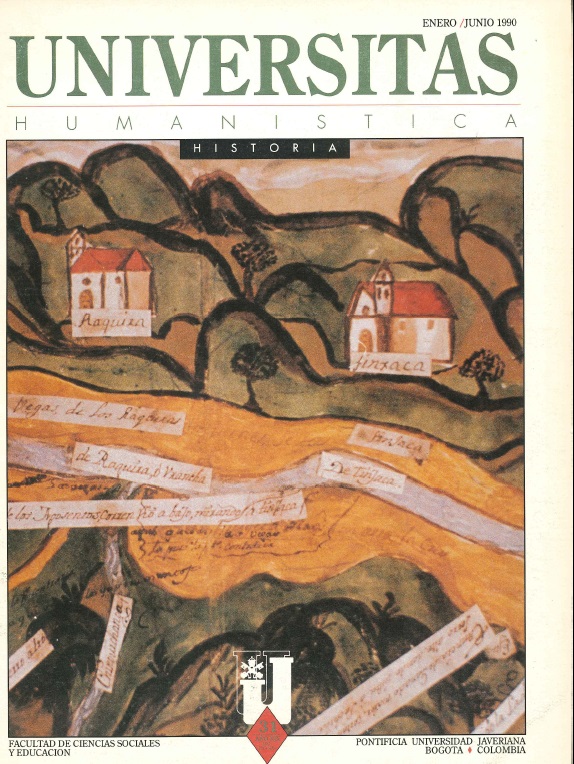Resumo
"aquí está la sabiduría! Que el inteligente calcule la cifra de la bestia; pues es la cifra de un hombre. Su cifra es 666."
La actualidad de Satanás, la concepción cristiana del mal, es cada día mayor. Está tan enconado en la civilización occidental como en la mentalidad del hombre contemporáneo. Tras una compleja formación y una larga evolución, el concepto y la imagen perviven en la vida cotidiana y la política, en las leyendas y las tradiciones, y, en general en la mayor parte de las elaboraciones de la cultura popular, en el lenguaje y en la identificación con la perversidad del hombre. Esta ponencia constituye un primer intento por ordenar algunos elementos conceptuales básicos en torno al problema histórico de Satanás. Al tomar contacto con el fenómeno histórico en estudio, es inevitable chocar con dos problemas: en primer lugar la complejidad de su evolución histórica a través de los diversos procesos y por ende la gran cantidad de fuentes que lo van a nutrir. En segundo lugar es preciso tener en cuenta el abandono historiográfico de la demonología en general y más concretamente dentro de las nuevas tendencias como la psicohistoria o la historia de las mentalidades. La discusión histórica de la evolución del concepto "Satanás" permite determinar su gran cobertura dentro de las actuales estructuras sociales y la gran influencia que ha ejercido en las relaciones humanas: es acercarse a un sector de la mentalidad colectiva.

A revista Universitas Humanística encontra-se registada sob a licencia Creative Commons Versão 4.0 Internacional. Portanto, esta obra pode se reproduzir, distribuir e comunicar publicamente em formato digital, sempre que dado o crédito apropriado para os autores e a Pontificia Universidad Javeriana. Permite-se citar, adaptar, remixar, transformar, autoarquivar, republicar e criar a partir do material, para qualquer fim, mesmo que comercial, sempre que indicado apropriadamente o nome do criador, provido um link para a obra original e indicado se mudanças foram feitas. A Pontificia Universidad Javeriana não retém os direitos sobre as obras publicadas e os conteúdos são responsabilidade exclusiva dos autores, os quais conservam seus direitos morais, intelectuais, de privacidade e publicidade.
O aval sobre a intervenção da obra (revisão, correção, edição, tradução, formatação) e a subsequente difusão disponibiliza-se através de licença de uso e não através de transmissão de direitos, o que representa que a revista e a Pontificia Universidad Javeriana são isentas de qualquer responsabilidade que puder se derivar de uma prática ética pobre por parte dos autores. Em consequência da proteção fornecida pela licença de uso, a revista não fica na obrigação de publicar retratações ou alterar informações já publicadas, a não ser que a errata seja decorrente do processo de gestão editorial. A publicação de conteúdos nesta revista não representa royalties para os contribuintes.


